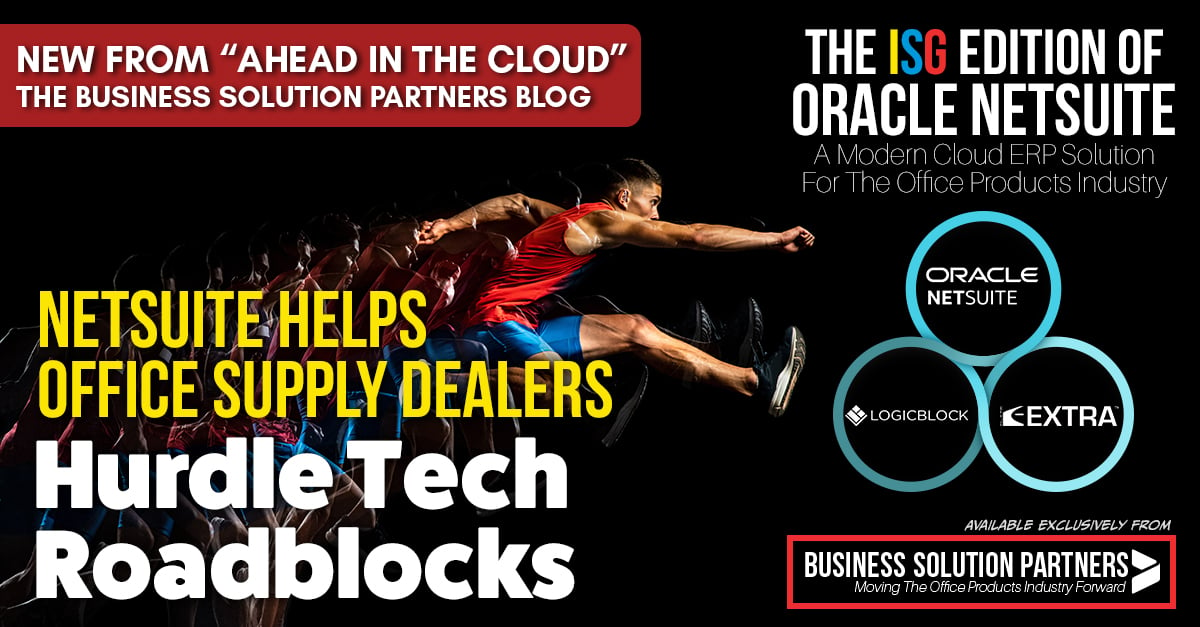Helping Dealers Attract & Increase Customer Revenue
In partnership with Logicblock for eCommerce and Elite Extra for Proof-of-Delivery, BSP is constantly looking for ways to configure and customize the...

DevOps management is an approach to software development and IT operations that emphasizes collaboration, communication, and automation between development and operations teams. The goal of DevOps management is to create a streamlined and agile software development process that can rapidly deliver high-quality custom code solutions and integrations into your organizational tech stack without disrupting users and critical business functions.
DevOps management involves a range of practices, tools, and techniques, including continuous integration and delivery, agile development, infrastructure as code, monitoring and logging, and collaboration and communication tools. By implementing these practices and tools, DevOps teams can work together more effectively to improve software quality, reduce time-to-implementation, and enhance the overall user experience.
DevOps management also emphasizes a culture of collaboration, where developers, operations teams, and other stakeholders work together to identify and address issues quickly and efficiently. This approach helps to break down traditional silos between different departments and creates a more holistic view of the software development process.
Overall, DevOps management is a powerful approach to software development that can help organizations to become more agile, responsive, and competitive in today's fast-paced business environment.
Wether it's your first time hearing the term DevOps, or you're currently having discussions about it's potential, you might be wondering who's purview this falls under...
The decision maker responsible for leading the DevOps discussion can vary depending on org structure and specific needs. Typically though, someone in a leadership or management role, such as a CTO, CIO, or IT director, takes the lead.
They are responsible for evaluating the benefits of adopting a DevOps approach, identifying the appropriate tools and processes to implement, and ensuring that the necessary resources are allocated for successful adoption.
...and how is a DevOps Solution Deployed?
DevOps is a practical methodology that can be deployed with varying levels of sophistication from home baked spreadsheets to a fully custom application. However, the vast majority of organizations are likely to benefit from a dedicated, integrated SaaS solution designed for DevOps management. There are several software publishers tackling this space. Feel free to contact BSP for an assessment to help understand which platform is right for your needs.
The primary users of a DevOps SaaS solution typically include development, operations, and IT teams within an organization.
Developers use the DevOps SaaS solution to manage source code, collaborate with other team members, track and manage issues and bugs, automate testing and deployment, and streamline the development process.
Operations Teams use the solution to manage infrastructure, monitor applications and systems, and automate deployment and scaling processes.
IT Teams use the solution to manage the IT infrastructure and ensure that it is aligned with the organization's business goals.
...and who in the organization benefits most from a DevOps Solution?
In short... Everyone.
From the identification of gaps in your processes to a deployed and future-supported customized solution, everyone in the organization benefits from a focus on DevOps. Stakeholders such as project managers, product owners, and business leaders may use the solution to gain visibility into the development process and ensure that it aligns with business objectives. Overall, a DevOps SaaS solution is designed to support collaboration and communication between different teams and stakeholders, allowing them to work together more efficiently and effectively.
So this sounds like something that software developers would use when developing new products. What's this got to do with my organization running NetSuite?
Well, we're here to tell you that NetSuite is actually the perfect use-case for adopting a DevOps Management paradigm. If you've customized NetSuite in house, or have hired an outside firm to help you develop unique customizations for your deployment, then DevOps is for you.
There are five key elements to DevOps for NetSuite - Identifying NetSuite Customizations and their Dependencies, Migrating Changes from Lower to Upper Environments, Aligning Sandbox and Production Environments, Change Documentation for Compliance and Knowledge Transfer, and Active Monitoring of Production Environment for Change.
Now, if you're a NetSuite SuperAdmin, I'm probably speaking you're language. But for other decision makers, let me break that down for you... DevOps for NetSuite is all about managing the myriad customizations that make NetSuite uniquely yours - from design, through implementation, and beyond. It's about ensuring that your employees have an uninterrupted experience, and can onboard process changes efficiently.
If your organization is relying on a heavily customized and integrated NetSuite deployment, then I urge you to have a conversation with your stakeholders today about DevOps. Or, contact our team so we can help lead that conversation, and onboard your team with the right DevOps solution for your particular needs.

In partnership with Logicblock for eCommerce and Elite Extra for Proof-of-Delivery, BSP is constantly looking for ways to configure and customize the...

To stay profitable and competitive, office supply dealers working on slim margins have to balance their own costs with keeping their prices low...

In the fast-paced world of Consumer Packaged Goods (CPG), understanding your Key Performance Indicators (KPIs) for trade promotions is crucial....